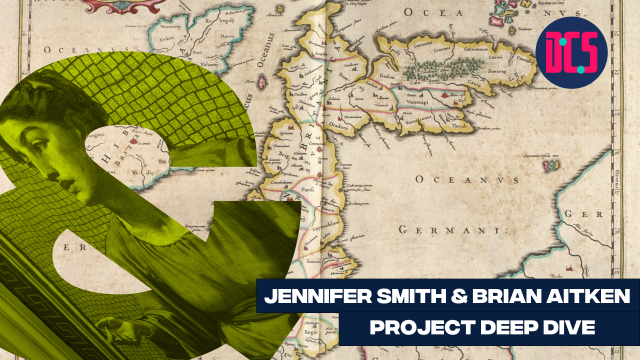Geospatial Data in R

This is an advanced course with a focus on developing skills and a fundamental understanding of geospatial data in R. A good grasp of R and RStudio is necessary for this course. It is recommended that participants understand concepts covered in the Basic Introduction to R and RStudio course and one of the Intermediate courses, such as Visualisation in R, though participation in these specific classes is not necessary. No previous knowledge or experience with GIS or geospatial data is necessary.
The first session offers a basic introduction to GIS and some concepts surrounding geospatial data, with a theoretical focus. It covers topics such as:
-
Vectors, Rasters, .shp and .tif files
-
Coordinate Reference Systems (CRS) and Projections
-
Importing Geospatial Data in R
-
Basic plot functions and Geospatial Data
-
Geographic Data Packages
The second session focusses on greater visualisation and manipulation of geospatial data, using several packages introduced in the previous session. This covers processes including:
-
Labels, colour ramps, legends
-
Adjusting scale and extent
-
Overlaying Geographical features for more complex analysis
-
Exporting plots
The workshop will ultimately build on a familiarity with R and RStudio, developing an understanding of geospatial data and how to work with it in R. This will foster a familiarity with the principles and functionalities of not only the software, but with use of geospatial data which can then be confidently applied to attendees current and future research, utilising R or additional GIS software.
This is an advanced course, which focuses on complex aspects of a topic and often ties together and integrates different tools. Some previous experience is assumed. Please make sure to read the course description carefully before signing up.
To attend this event, you will have to join the associated Microsoft Teams group. The link to join the group will be sent to the attendees prior to the course start date, so please make sure to do so in advance.
After taking part in this event, you may decide that you need some further help in applying what you have learnt to your research. If so, you can book a Data Surgery meeting with one of our training fellows.
More details about Data Surgeries.
If you’re new to this training event format, or to CDCS training events in general, read more on what to expect from CDCS training. Here you will also find details of our cancellation and no-show policy, which applies to this event.
Return to the Training Homepage to see other available events.







